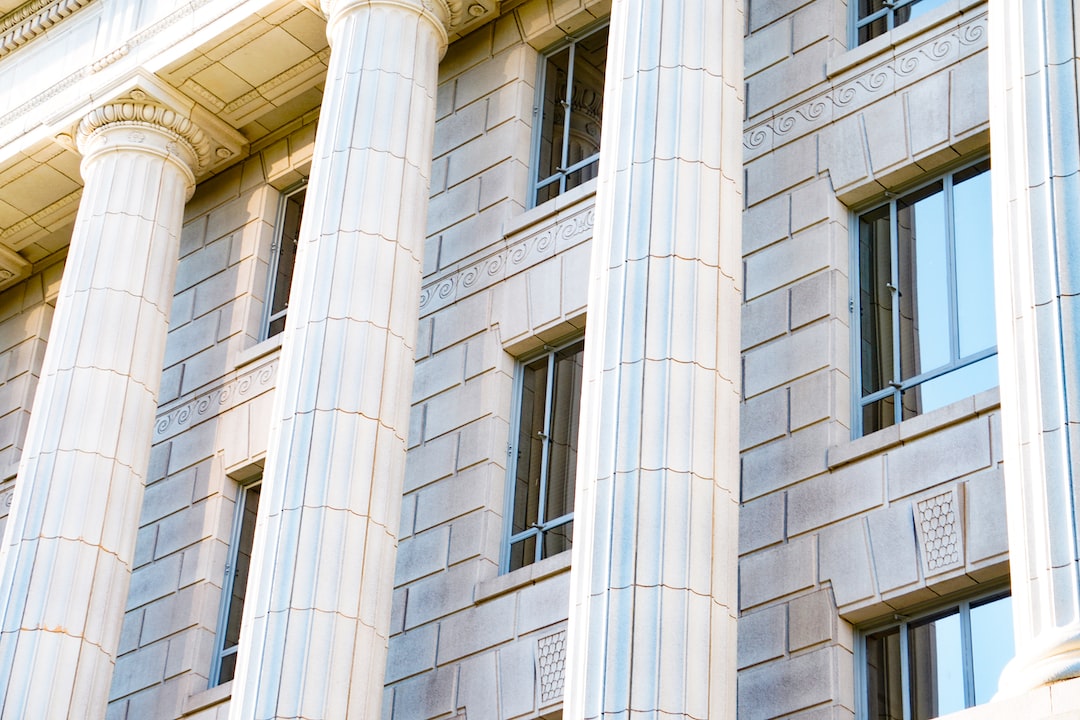The Legal Rights and Limitations of Free Speech
Free speech is one of the fundamental pillars of any democratic society, as it provides individuals with the freedom to express their opinions and ideas without fear of punishment. However, like any other right, free speech has certain legal limitations that aim to strike a balance between preserving individual liberties and protecting the interests and well-being of society as a whole.
The freedom of speech, as guaranteed by the First Amendment of the United States Constitution, encompasses a wide range of expressions, including verbal, written, and symbolic forms. It provides individuals with the right to express their thoughts, beliefs, and criticisms freely, even if they are unpopular or controversial. This principle plays a crucial role in fostering a marketplace of ideas, promoting public debate, and holding the government accountable for its actions.
Nonetheless, there are certain legal limitations to free speech that are in place to prevent harm, maintain public order, and protect other important rights. These limitations generally fall into specific categories, such as obscenity, defamation, incitement to violence, hate speech, and national security.
Obscenity laws, for instance, restrict the distribution of materials (such as pornography) that are considered offensive or morally unacceptable by community standards. Defamation refers to false statements that harm a person’s reputation, and individuals can be held accountable for making defamatory statements about others. Incitement to violence, on the other hand, is not protected by free speech laws as it poses a direct threat to public safety.
Another important limitation is hate speech, which involves expressions that promote violence, discrimination, or hostility towards individuals or groups based on their race, gender, religion, or any other protected characteristic. While some countries allow a certain degree of hate speech under the umbrella of free speech, others have enacted laws that specifically criminalize such speech to protect vulnerable communities from harm and maintain social harmony.
National security also plays a significant role in limiting free speech rights. Governments often implement restrictions on information that could possibly compromise national security or endanger public safety. Although these restrictions are necessary to protect citizens from potential harm, striking a balance between security and freedom of speech can be challenging and contentious, particularly in the digital age where information can spread rapidly.
In conclusion, while free speech is vital for the functioning of a democratic society, it is not an absolute right. Legal limitations on freedom of expression exist to strike a balance between upholding individual liberties and protecting public order, individuals’ reputations, and the more vulnerable members of society. Understanding and respecting these limitations is crucial to ensuring a harmonious and inclusive environment where the freedom of speech can flourish without causing unnecessary harm.

